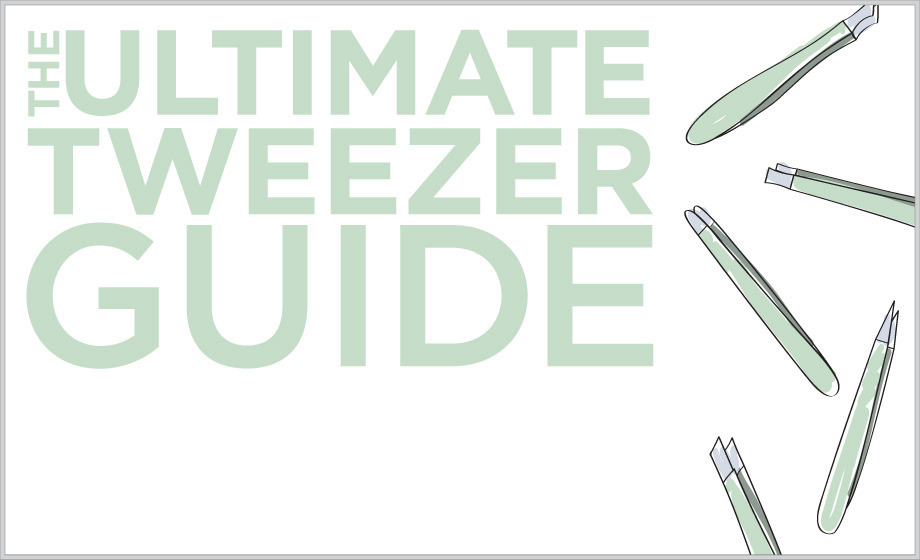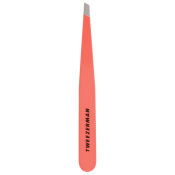This article was originally published April 2012.
Featured Products
You Might Also Like
-
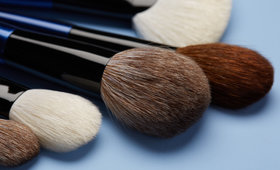
Tools & Brushes
How to Use Makeup Brushes with Liquids/Creams and Not Destroy Them
- 19
-

Fashion
New York Fashion Week S/S 2012 Day 5 Recap
- 10
-
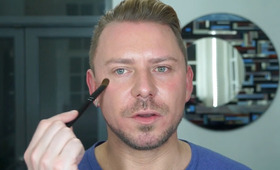
Tools & Brushes
The Eye Brushes You’ve Been Waiting For…
- 167
-
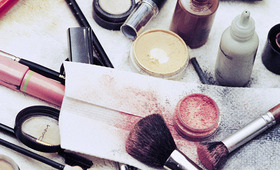
Brush Cleaners
The Truth About Cleaning Your Makeup
- 302
-
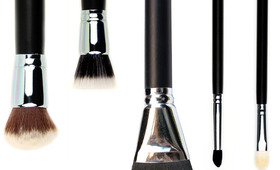
Tips & Tricks
5 Makeup Brushes That Make Application Easier
- 2620
-
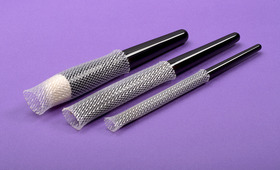
From the Shop
Use This Product, And Your Makeup Brushes Will Thank You
- 638



